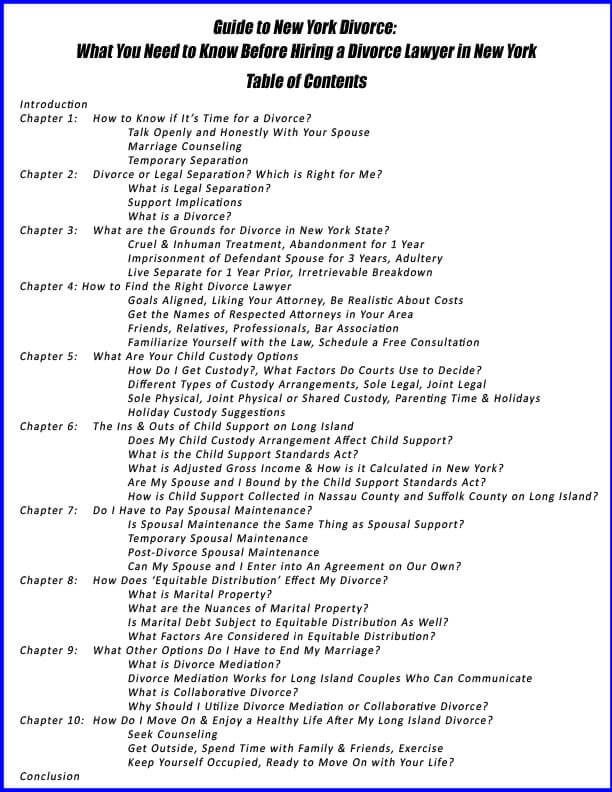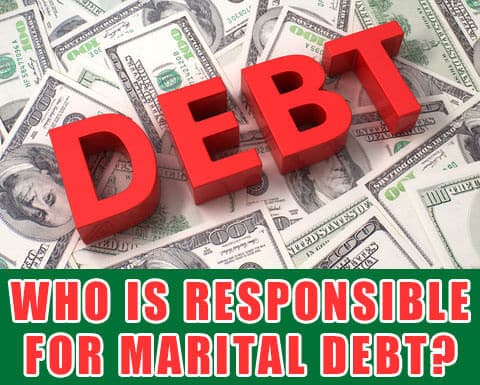Long Island Divorce Lawyer Advises if You Can Change Your Child’s Last Name after Divorce
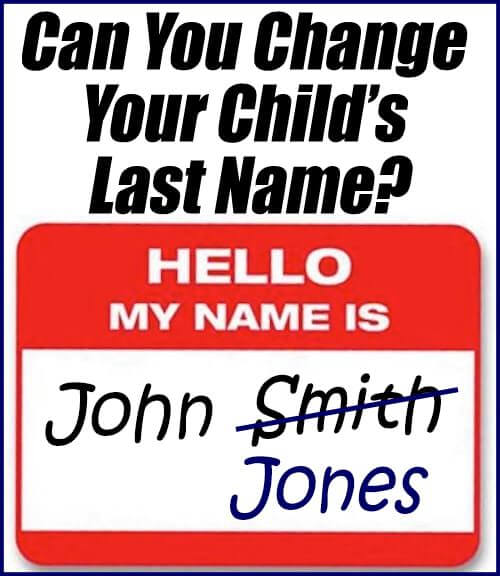 As a Long Island divorce lawyer, my assistance is often sought to submit to the court a name change request on behalf of their minor children Nassau County or Suffolk County court. I have found that the general consensus regarding name changes in New York is that the process is quite easy. However, the reality of the situation is quite opposite.
As a Long Island divorce lawyer, my assistance is often sought to submit to the court a name change request on behalf of their minor children Nassau County or Suffolk County court. I have found that the general consensus regarding name changes in New York is that the process is quite easy. However, the reality of the situation is quite opposite.
Procedural Requirements for a Name Change in Suffolk County or Nassau County Court
In order to file a name change request, you must first download and fill out the appropriate forms from the New York State Unified Court System website. If you wish to do this on your own you must be careful, as there are different forms for “state” residents as opposed to “city” residents. Because my divorce attorney firm practices mainly in Nassau County and Suffolk County, this blog will discuss only how to file for a name change in those counties. After completing the requisite forms, you will need to file them with the court. There is a $210 filing fee in Supreme Court, as well as any additional fee associated with filing a Request for Judicial Intervention. A Request for Judicial Intervention is a necessary form that alerts the court to your request in order to have a judge assigned to the matter.
The Petition for an Individual’s Name Change requests information such as whether the minor (or individual seeking a name change) has ever been convicted of a crime, has ever filed for bankruptcy, or if there are any judgments or liens against the child or any property titled to the child. This information is requested because if the judge believes you are seeking to change your child’s name to commit fraud or otherwise avoid debts, liabilities and/or other responsibilities, it is likely your request will be denied.
What Do I Have to Show in Suffolk County or Nassau County Court for My Petition to Be Granted?
The recent Suffolk County case Matter of Dennington (Schaeffer), 2014 NY Slip Op 51735 (U)(2014), analyzed what may and may not be a valid reason to grant a name change petition.
The Petitioner, who alleged the child’s father was absent from the child’s life, sought to change the child’s last name to her own maiden name. After hearing conflicting testimony about the father’s role in the child’s life, the Court noted that deciding a name change petition must be done after an examination of the totality of the circumstances, and whether based upon those circumstances, granting the petition would be in the best interests of the child involved. Therefore, such a decision is not based solely upon the word of the moving party. Rather, the court will consider, among other things, whether changing the child’s surname would affect his or her relationship with either parent, how the child is known throughout the community, the extent to which the child identifies with his or her last name, and, if old enough, the child’s preference to have his or her named changed. Matter of Eberhardt, 83 A.D.3d 116, 123-24 (2d Dep’t 2011).
Additionally, even if a court finds a name change to be in the best interests of the child, there must still be a “compelling” reason to grant the name change, such as “where the natural father is guilty of misconduct, abandonment, or lack of support.” Matter of Dennington (Schaeffer), 2014 NY Slip Op 51735 (U)(2014). It is believed that unless one of the above is shown, such a decision is better left to the child when he or she reaches maturity. Id.
What if the Non-Custodial Parent is Delinquent in Child Support Payments?
What most likely caught your eye from the above decision is the statement that the lack of support may be a compelling reason to grant a name change application. However, it also must be known that while the Court in Dennington did note that the lack of support was a compelling reason, it also denied the Petitioner’s motion even though she alleged that the Respondent-Father was in arrears on child support and his wages were now being garnished. Therefore, it seems that there must be a gross lack of support for this to be sufficient grounds on which to base a name change application.
Your Long Island Divorce Lawyer Can Advise You Regarding Name Change Petitions in Suffolk County or Nassau County Court
Whether or not to file a name change petition on behalf of your minor child is a purely personal decision. As a Long Island divorce lawyer, I can only guide you as to the laws involved and the likely outcomes. If you have doubts as to whether your petition would be granted, you may take either the “wait and see” approach, and allow the child to make his or her own decision upon reaching the age of 18, or the “I’ll never know unless I try” approach and file now. As always, it is important to remember that the child will be affected by any name change, and you must be sure you are seeking this for the right reasons.
When you’re ready to move forward, give the experienced and compassionate Long Island divorce lawyers at Robert E. Hornberger, Esq., PC a call at 631-923-1910. We’ll help walk you through the process so you can decide for yourself which route is in your, and your child’s, best interests.

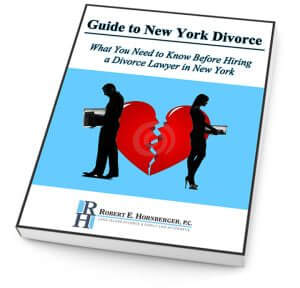
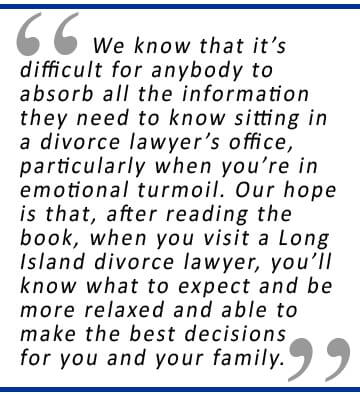 We know how complicated and scary this unknown process of divorce can be. Therefore, my job as a Long Island divorce attorney is not only to fight for the rights of my clients in court, but to also fight for them outside of court, and attempt to make a stressful process just a little less stressful.
We know how complicated and scary this unknown process of divorce can be. Therefore, my job as a Long Island divorce attorney is not only to fight for the rights of my clients in court, but to also fight for them outside of court, and attempt to make a stressful process just a little less stressful.